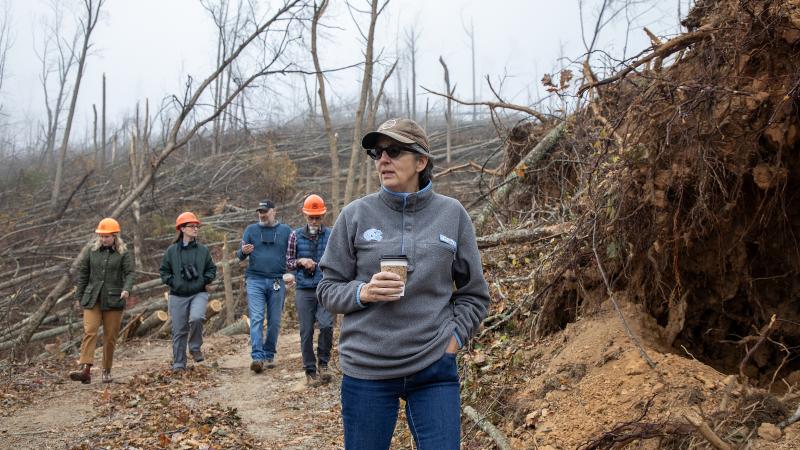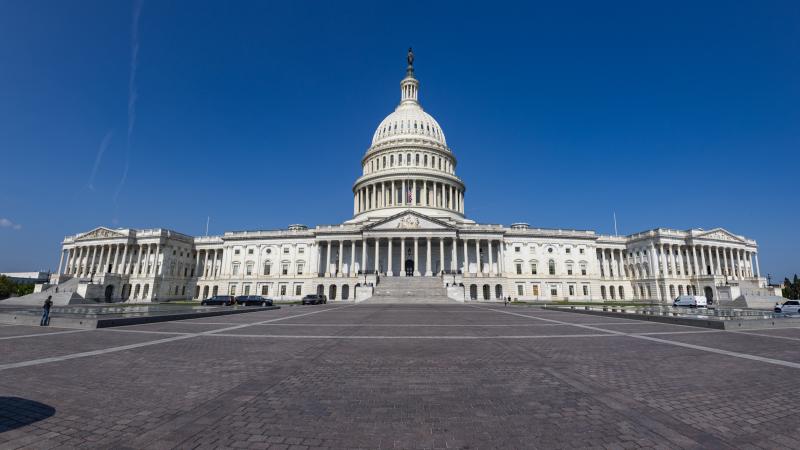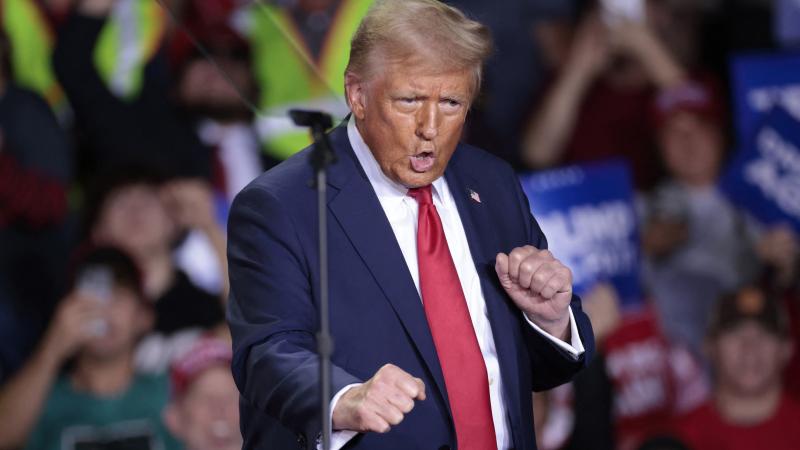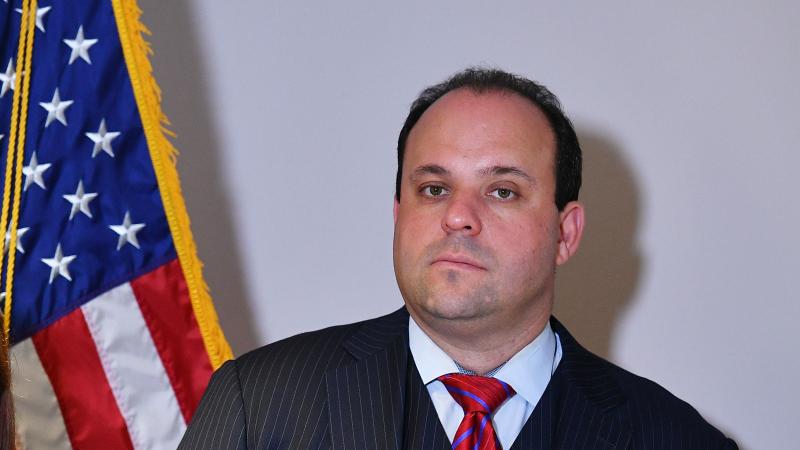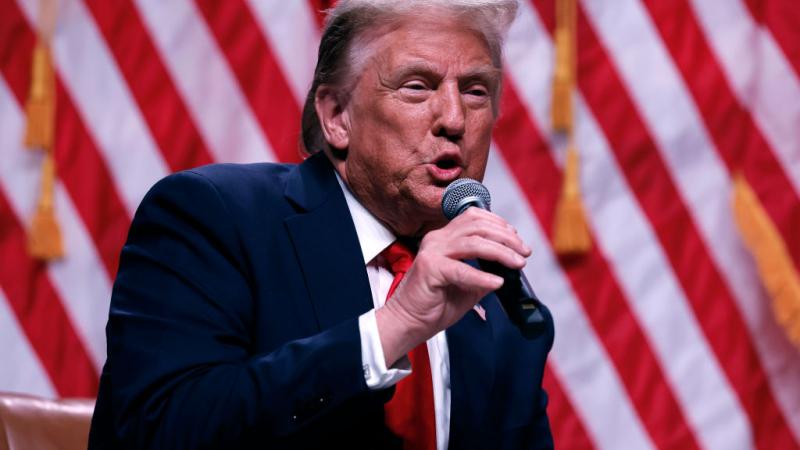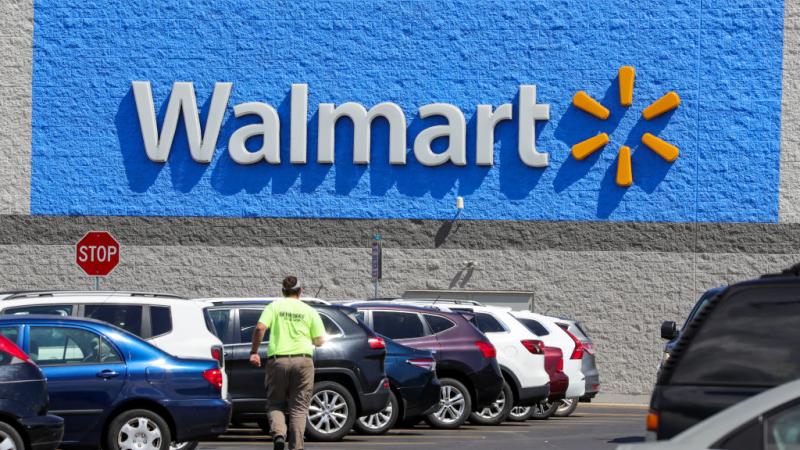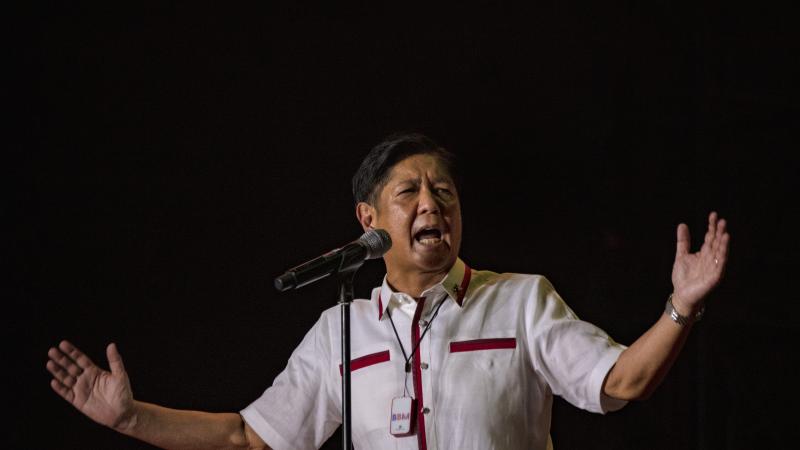Federal action sought on paying college athletes
Pennsylvania legislature presses Congress to set standard of “Name Image Likeness (NIL) politics across all states and universities.”
Pennsylvania lawmakers want more federal standards for college athletes to get paid, all in the name of protection for student athletes.
A Senate resolution adopted Wednesday looks to Congress and the NCAA for “a standard set of Name Image Likeness (NIL) politics across all states and universities,” a Senate Republican press release noted.
“Whether it’s Congress or the NCAA, if all the states aren’t playing by the same rules, we’ll continue to have to play whack-a-mole and react to whatever other states do to push the envelope on this issue, in order to maintain ‘recruiting competitiveness,’” Sen. Scott Martin, R-Strasburg, said. “That definitely isn’t an even playing field and is not good for the long-term health of college athletics across this country.”
Since 2021, NIL deals have become a common way for athletes to earn a paycheck, with 32 states passing an NIL law, many of them molded after California's Fair Pay to Play Act. Pennsylvania passed an NIL bill in 2022 as Act 139 under former Gov. Tom Wolf.
But the state-level approach has meant a certain lack of uniformity.
“A patchwork of varying regulations have been created without proper safeguards for student athletes,” Martin said on the Senate floor. “With this resolution, we are encouraging Congress and the NCAA to establish national guidelines with an emphasis on protecting young athletes and focus on the long-term health of college athletics across our country.”
The resolution was adopted 49-0, with Sen. Nikil Saval, D-Philadelphia, not voting.
Since the laws have passed, athletes have entered into NIL agreements with a variety of sponsors, but none have had a direct-payment model with universities themselves. NCAA President Charlie Baker, however, floated the approach as an option last year for division I colleges. But some states prohibit such an approach. Others, like Ohio, have seen bills introduced to allow university-athlete payments.
The growth of NIL is part of a dramatic change within college sports. The Senate resolution argued that Congress needs to act in the name of uniformity, oversight, fairness, and athlete safety — and others argue that, without broader changes, the entire college sports system could fail.
“Competitive balance has eroded, with the same few teams dominating every year. The introduction of name, image, and likeness (NIL) rights, increased use of the transfer portal, and lack of salary caps are exacerbating the divide and have the potential to bankrupt the entire system,” West Virginia University President E. Gordon Gee and Syracuse University Chancellor Kent Syverud argued in The Chronicle of Higher Education.
